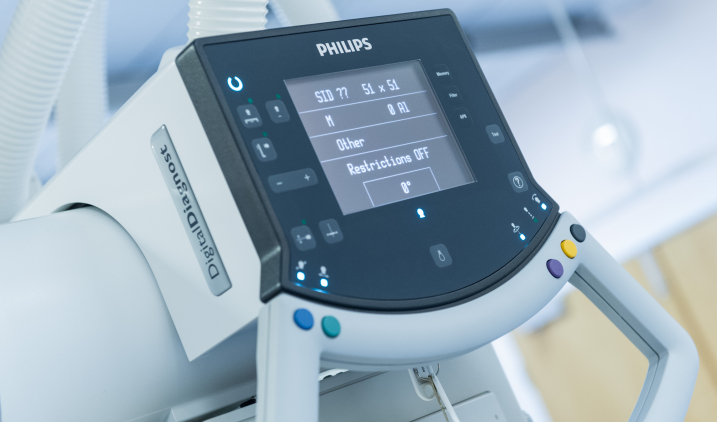Respiratory physiology and sleep sciences
Respiratory physiology and sleep science involves the diagnosis and treatment of lung disease and sleep disorders.
Patients may have been referred for a wide variety of reasons, including:
- chest pains
- abnormal chest x-rays
- breathing difficulties
- respiratory disease
- sleep breathing disorders or other sleep disorders.

Working life
Your role will depend on the area of respiratory physiology and sleep science you’re working in.
Respiratory physiology
In respiratory physiology, you’ll work with patients who have lung, chest wall, airway or blood oxygenation problems to understand the causes of their disorder and the response to and monitoring of treatment.
Respiratory disorders include conditions such as:
- asthma
- fibrosis
- emphysema
- respiratory muscle disease
- pulmonary vascular disorders
You’ll work with patients by performing tests using a variety of skills, techniques and equipment, while they are at rest or during exercise. You might also help patients in the delivery of their long-term treatment and care, such as oxygen, ventilation or their medication. Tests often require considerable encouragement, technical accuracy and quality and at the same time a caring approach.
Sleep physiology
In sleep physiology, you’ll work specifically with patients who have problems of poor sleep quality. You will be treating conditions such as obstructive sleep apnoea, where people stop breathing because they collapse the airway in their throat when they are asleep. You will monitor patients – often using home monitoring but sometimes in a sleep laboratory - to help identify individual problems, which require treatment and long-term management.
The range of tests that you would perform include:
- full cardio-pulmonary exercise testing
- sleep studies
- bronchial challenge testing
- measurements of dynamic and static lung volumes
- respiratory gas exchange
- muscle function studies
- blood gas analysis
- responses to treatment
- allergy testing
- physiological response to exercise
You’ll be responsible for ensuring that safe, accurate, reliable and repeatable results are produced as often patients live or their treatments depend on these.
Lizzie Dobson
Trainee clinical scientist (respiratory physiology and sleep)
The best thing is that my job is patient-facing most of the time and I learn new things every day.
Who will I work with?
As a member of healthcare science staff in respiratory physiology and sleep sciences, you’re likely to work in a team that includes specialist nurses, doctors specialising in respiratory and/or sleep medicine, physiotherapists and other healthcare science staff, such as those specialising in cardiac sciences and neurophysiology.
Want to learn more?
- Find out more about the entry requirements, skills and interests required to enter a career in respiratory physiology and sleep sciences
- Find out more about the training you’ll receive for a career in respiratory physiology and sleep sciences